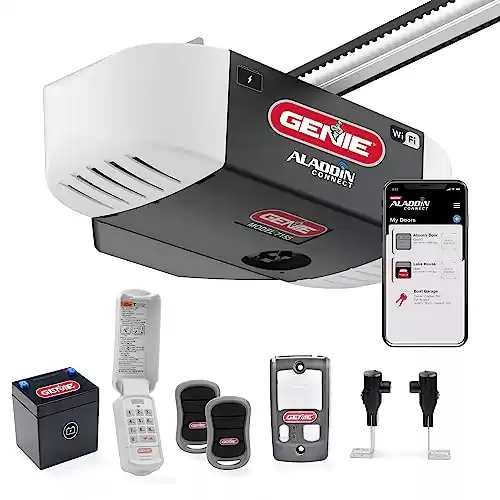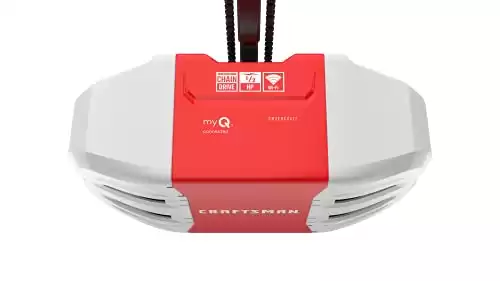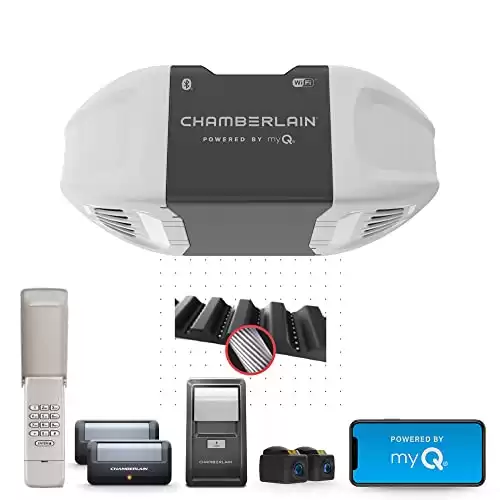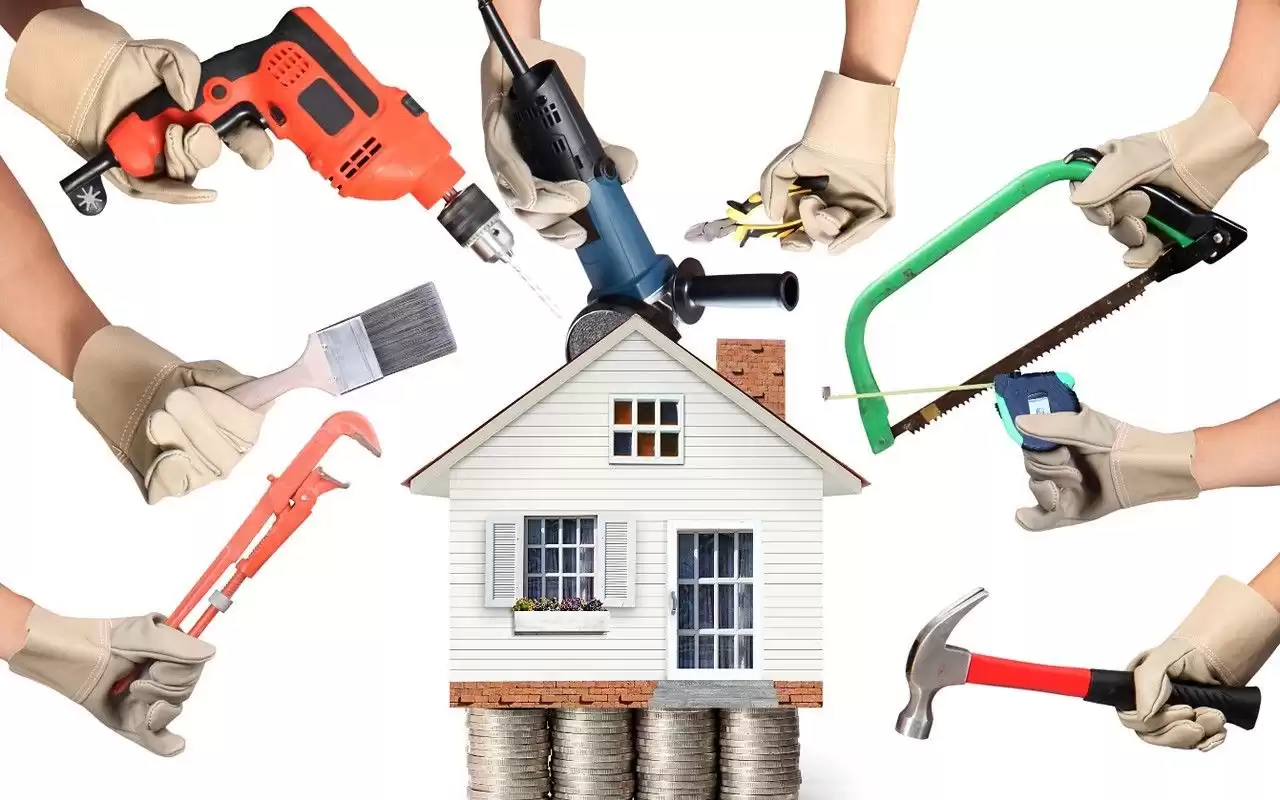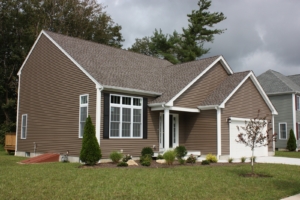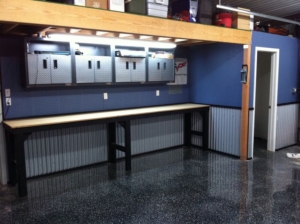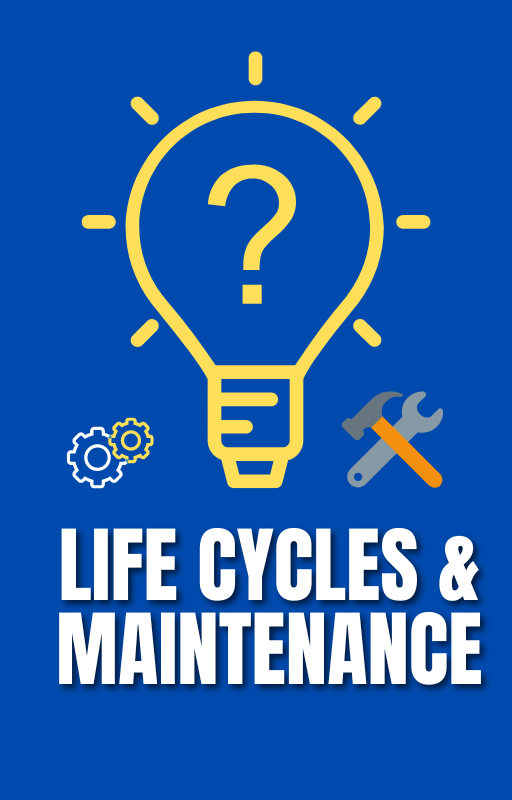Common Garage Door Opener Problems Troubleshooting

A garage door opener is a convenient and essential component of any modern home. It provides a hassle-free way to open and close the garage door with just a button. However, like any mechanical device, garage door openers can encounter problems that affect their performance and functionality. Dealing with these issues can be frustrating, especially if you’re not familiar with their causes and solutions.
This blog post will explore the most common problems homeowners face with their garage door openers. From unresponsive remotes to door reversals and noisy operations, we’ll delve into the root causes of these issues and provide practical troubleshooting techniques to resolve them. Understanding these problems and their solutions can save time, money, and unnecessary headaches.
Common Garage Door Opener Problems
Garage Door Opener Not Responding to Remote Commands
One of the most common issues homeowners encounter is when their garage door opener fails to respond to remote commands. This can be frustrating, especially when you’re in a hurry or stuck outside your garage. Let’s explore the possible causes and solutions for this problem.
Weak or Dead Batteries in the Remote
A common culprit behind an unresponsive garage door opener remote is weak or dead batteries. Over time, batteries lose their power, resulting in poor signal transmission to the opener. To troubleshoot this issue, replace the batteries with fresh ones and test the remote’s functionality.
Interference from Other Devices
In some cases, other devices operating on the same frequency as your garage door opener can interfere with its signal reception. Wireless routers, baby monitors, or even neighboring garage door openers can disrupt the communication between the remote and the opener. To mitigate this problem, try repositioning or relocating such devices, or switch to a different frequency on your opener.
Resetting the Opener and Re-syncing the Remote
If the above steps don’t resolve the issue, it may be necessary to reset the garage door opener and re-sync the remote. Consult your opener’s manual for specific instructions on how to perform a reset and reprogramming process. This usually involves pressing a combination of buttons on the opener or using a reset switch.
Garage Door Reverses Immediately after Closing
Another frustrating problem with garage door openers is when the door starts to close but suddenly reverses its course. This can leave your garage vulnerable to security breaches and expose it to the elements. Let’s explore the common causes and solutions for this issue.
Misaligned Safety Sensors
Garage doors are equipped with safety sensors near the bottom of the tracks, which detect any obstructions in the door’s path. If these sensors are misaligned, dirty, or blocked, they may falsely detect an obstruction, causing the door to reverse. Check if the sensors are properly aligned, clean them with a soft cloth, and ensure there are no obstructions blocking their view.
Damaged or Worn-out Door Springs
Faulty or worn-out door springs can also lead to a reversing garage door. If the springs are damaged or not properly balanced, the opener’s safety mechanism may interpret it as an obstacle, triggering the reversal. In such cases, it’s advisable to consult a professional garage door technician to inspect, repair, or replace the springs.
Adjusting the Travel and Force Limits
Garage door openers have travel and force limits that control the door’s movement. If these limits are set incorrectly, the opener may sense an obstruction and reverse the door. Consult your opener’s manual to locate the limit adjustment screws and carefully adjust them to the appropriate settings.
Garage door openers offer convenience and security, but like any mechanical device, they can encounter problems. By familiarizing yourself with the common issues that affect garage door openers and learning effective troubleshooting techniques, you can save time, money, and frustration.
|
|
34,81 €
|
$303.99
|
Frequently Asked Questions: Garage Door Openers
Q1: What is the most common type of garage door opener?
A1: The most common type of garage door opener is the chain drive opener, known for its affordability and durability.
Q2: Are chain drive openers noisy?
A2: Yes, chain drive openers tend to be noisier compared to other types of openers due to the metal chain used in their operation.
Q3: Are belt drive openers more expensive than chain drive openers?
A3: Yes, belt drive openers are generally more expensive than chain drive openers. However, they offer quieter operation and smoother performance.
Q4: Can screw drive openers be affected by temperature changes?
A4: Yes, screw drive openers can be affected by extreme temperature fluctuations as the expansion and contraction of the screw may impact their performance.
Q5: Are direct drive openers suitable for low headroom garages?
A5: Yes, direct drive openers, also known as jackshaft openers, are suitable for garages with low headroom as they are mounted to the side of the door instead of the ceiling.
Q6: Are direct drive openers more expensive than other types?
A6: Yes, direct drive openers tend to be more expensive than chain drive or belt drive openers due to their advanced technology and quiet operation.
Q7: What are the advantages of Wi-Fi-enabled garage door openers?
A7: Wi-Fi-enabled openers provide convenience through remote operation via smartphone apps and integration with virtual assistants. They also offer advanced features and monitoring capabilities.
Q8: Can all types of garage door openers be used with Wi-Fi connectivity?
A8: Yes, various types of garage door openers, including chain drive, belt drive, screw drive, and direct drive, can be equipped with Wi-Fi connectivity.
Q9: Do belt drive openers require less maintenance than other types?
A9: Yes, belt drive openers generally require less maintenance compared to chain drive or screw drive openers due to their design and fewer moving parts.
Q10: Can I install a garage door opener myself?
A10: While it is possible to install a garage door opener yourself, it is recommended to consult a professional for proper installation, especially if you’re not experienced in garage door systems. Professional installation ensures safety and optimal performance of the opener.
In this blog post, we explored two common problems with garage door openers: unresponsive remotes and doors reversing after closing. We provided possible causes and solutions for each issue, such as checking remote batteries, resolving interference, aligning safety sensors, inspecting door springs, and adjusting travel and force limits.
Remember, if you’re uncertain about performing any repairs or adjustments on your garage door opener, it’s always best to consult a professional technician. With proper maintenance and timely troubleshooting, you can ensure the smooth and reliable operation of your garage door opener for years to come.


